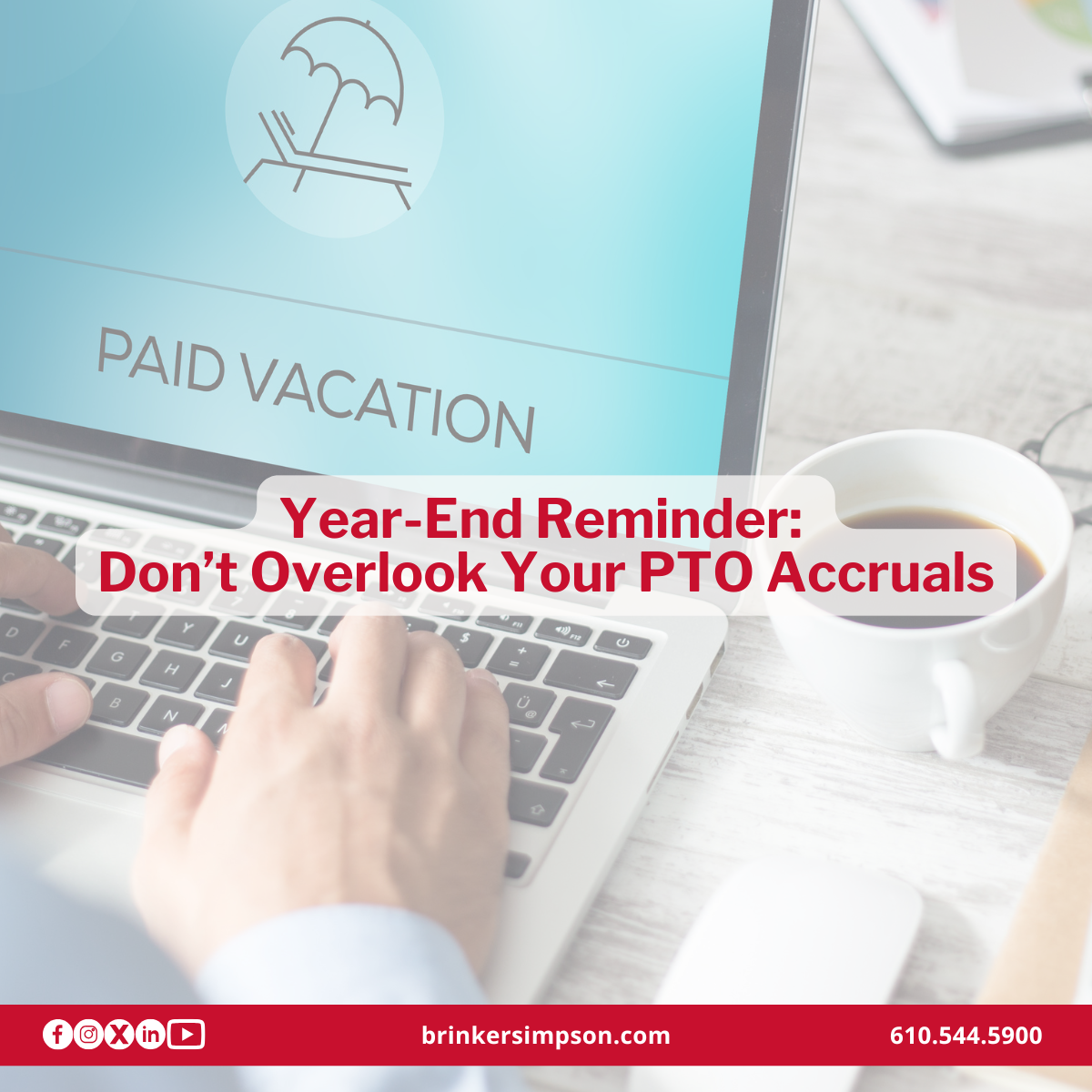In today’s volatile economy, many businesses and nonprofits have been required to write down the value of acquired goodwill on their balance sheets. Others are expected to follow suit — or report additional write-offs — in 2022. To the extent that goodwill is written off, it can’t be recovered in the future, even if the organization recovers. So, impairment testing is a serious endeavor that usually requires input from your CPA to ensure accuracy, transparency and timeliness.
Reporting goodwill
Under U.S. Generally Accepted Accounting Principles (GAAP), when an organization merges with or acquires another entity, the acquirer must allocate the purchase price among the assets acquired and liabilities assumed, based on their fair values. If the purchase price is higher than the combined fair value of the acquired entity’s identifiable net assets, the excess value is labeled as goodwill.
Before lumping excess value into goodwill, acquirers must identify and value other identifiable intangible assets, such as trademarks, customer lists, copyrights, leases, patents or franchise agreements. An intangible asset is recognized apart from goodwill if it arises from contractual or legal rights — or if it can be sold, transferred, licensed, rented or exchanged.
Goodwill is allocated among the reporting units (or operating segments) that it benefits. Many small private entities consist of a single reporting unit. But large conglomerates may be composed of numerous reporting units.
Testing for impairment
Organizations must generally test goodwill and other indefinite-lived intangibles for impairment each year. More frequent impairment tests might be necessary if other triggering events happen during the year — such as the loss of a key person, unanticipated competition, reorganization or adverse regulatory actions.
In lieu of annual impairment testing, private entities have the option to amortize acquired goodwill over a useful life of up to 10 years. In addition, the Financial Accounting Standards Board recently issued updated guidance that allows private companies and not-for-profits to delay the assessment of the goodwill impairment triggering event until the first reporting date after that triggering event. The change aims to reduce costs and simplify impairment testing related to triggering events.
Writing down goodwill
When impairment occurs, the organization must decrease the carrying value of goodwill on the balance sheet and reduce its earnings by the same amount. Impairment charges are a separate line item on the income statement that may have real-world consequences.
For example, some organizations reporting impairment losses may be in technical default on their loans. This situation might require management to renegotiate loan terms or find a new lender. Impairment charges also raise a red flag to investors and other stakeholders.
Who can help?
Few organizations employ internal accounting staff with the requisite training to measure impairment. Contact us for help navigating this issue and its effects on your financial statements.
© 2022



